(ECNS) --Diplomatic envoys from 11 developing countries spoke highly of China's people-centered development approach and efforts in fully safeguarding human rights of people of all ethnic groups after they paid a visit to Tibet, Chinese Foreign Ministry spokesperson Mao Ning said on Monday at a press conference.
At the invitation of China’s foreign ministry, the Geneva-based diplomatic envoys from 11 developing countries, including Pakistan, Belarus, Venezuela, Cuba and Nicaragua, paid a visit to Tibet from August 27 to September 2.
The envoys said that the progress achieved in various sectors in Tibet exceeds expectation and the fruits of development are truly shared by the people there—a vivid example that a happy life for all is what human rights protection is all about, Mao said.
According to Mao, the envoys observed bilingual classes in local middle and elementary schools, watched courses on Tibetan music, dancing, calligraphy, innovation and artificial intelligence, and visited the dormitories and canteens of boarding middle schools.
The envoys said that given the vast area of Tibet, providing boarding schooling to local students is an effective way of ensuring the equal right to high-quality education among children of all ethnic groups and that China provides a stellar example for all countries in protecting people’s right to education, Mao noted.
"The envoys spoke highly of China’s tremendous efforts in safeguarding the freedom of religious belief, protecting religious relics and carrying forward Tibetan medicine. They said that the lies about Tibet fabricated by some western countries couldn’t be further from the truth. The international community will not be deceived by these lies," Mao said.
The achievement China has made attests to the importance that countries need to pursue their own path of human rights development that suits their national realities, Mao added.
Mao pointed out that the envoys expressed readiness to enhance exchanges and cooperation with China, strengthen multilateral coordination on human rights affairs, jointly oppose the politicization of human rights, safeguard international fairness and justice and advance the sound development of the international human rights cause.












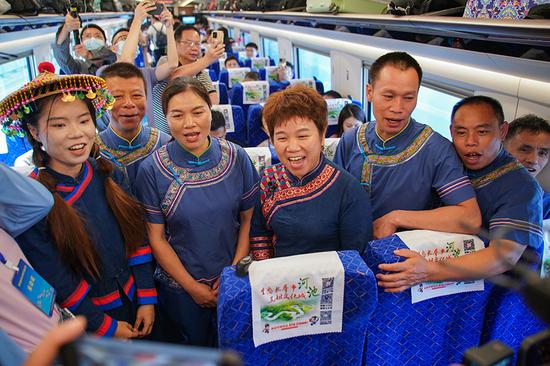



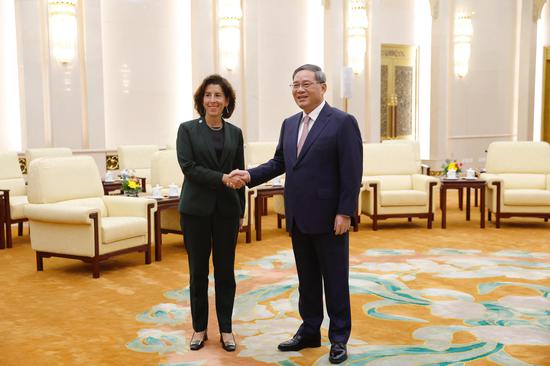
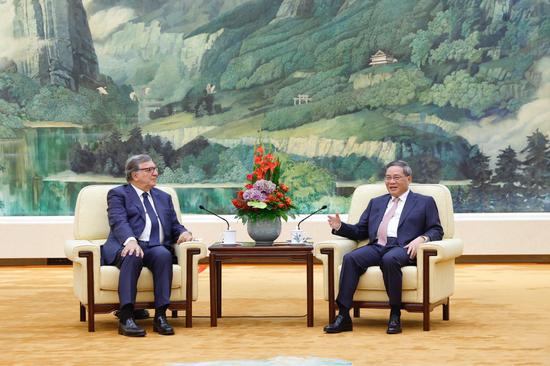









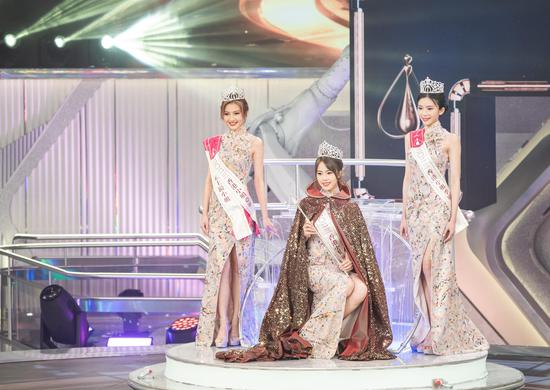
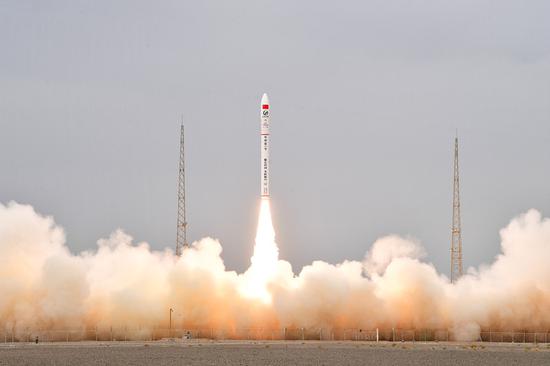


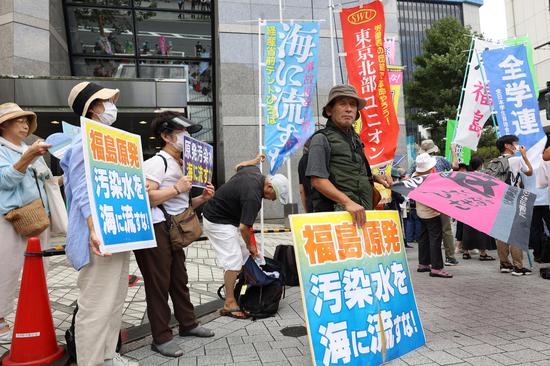

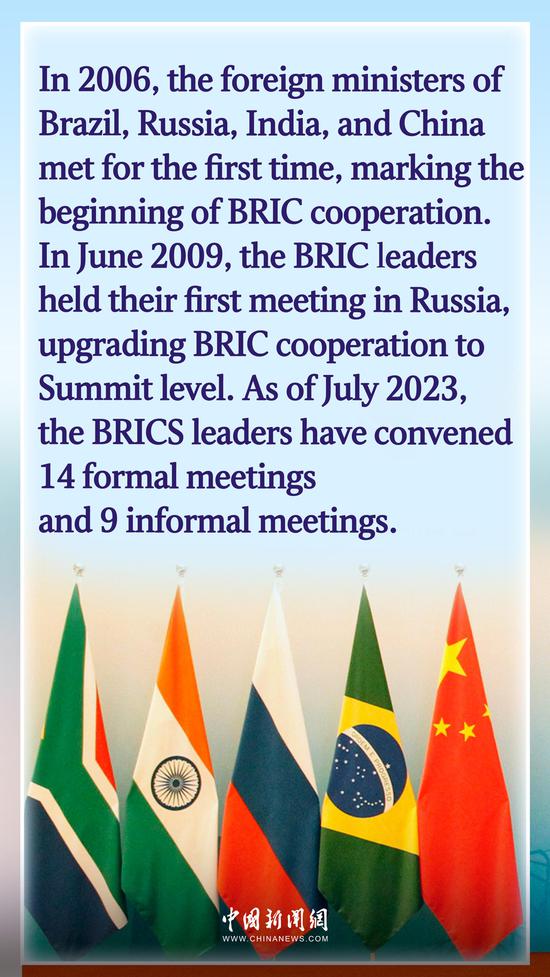


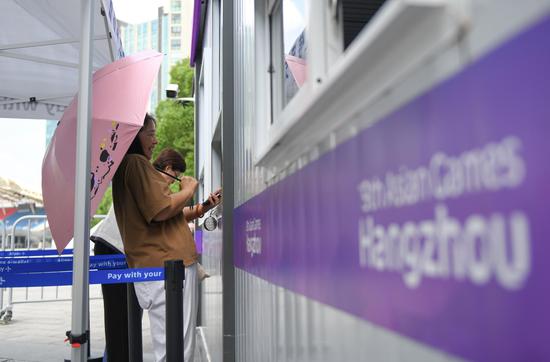
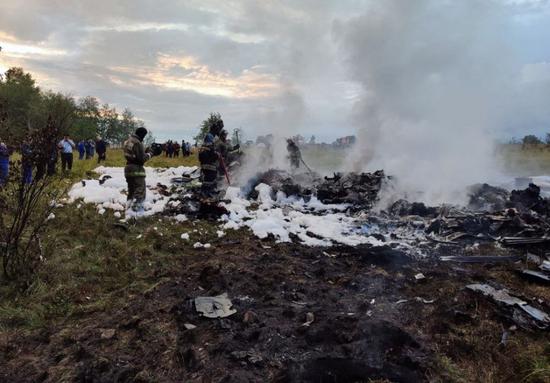
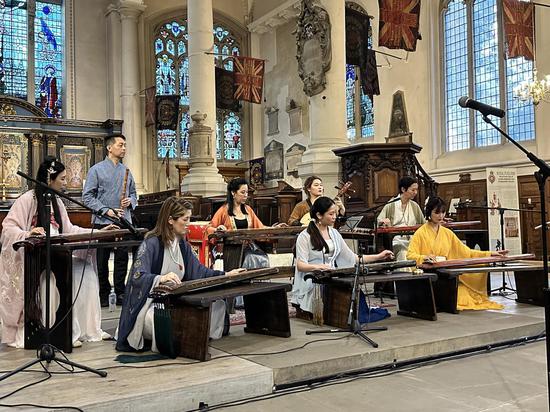

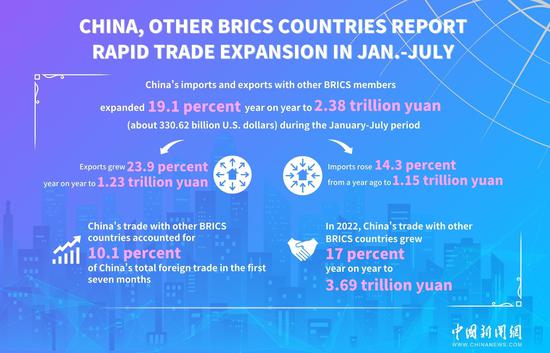
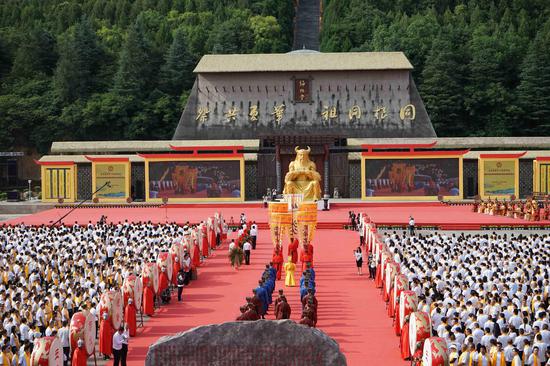


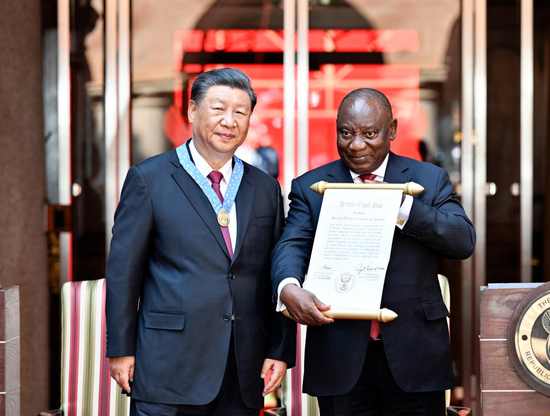





 京公网安备 11010202009201号
京公网安备 11010202009201号